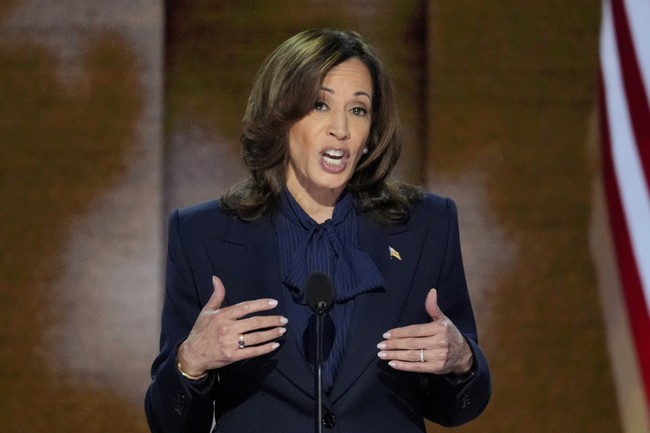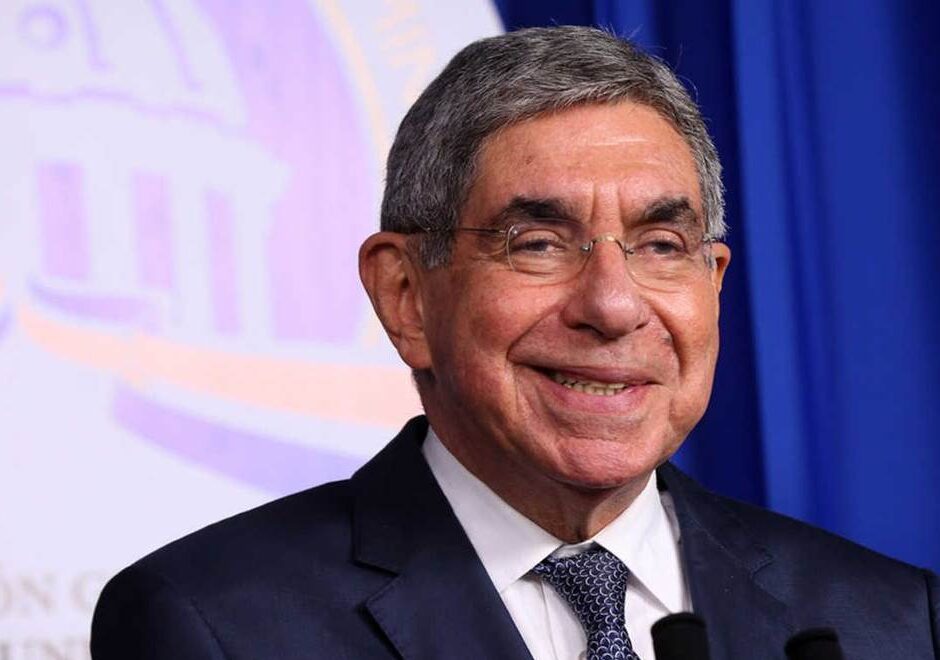Mounting Tensions: Iran-Israel Conflict Over Hamas Assassination
Amid escalating tensions, the Middle East braces for significant developments. Iran's potential attack on Israel, responses from Hamas, and international diplomatic maneuvers add layers of complexity to a precarious situation.
Published August 14, 2024 - 00:08am

Image recovered from outlookindia.com
The geopolitical landscape of the Middle East is reaching new levels of tension as the conflict between Iran and Israel intensifies. This escalation follows the assassination of Hamas political leader Ismail Haniyeh in Tehran last month, an event that has brought the possibility of a direct Iranian attack on Israel into sharper focus.
As the war with Hamas in Gaza rages on, the Palestinian militant group has declared it will not participate in the latest round of peace talks. This announcement comes as the White House issues warnings of a potential Iranian attack against Israel. John Kirby, White House spokesperson, stated that President Biden has briefed leaders from Britain, France, Germany, and Italy regarding this imminent threat. According to Kirby, both the US and Israeli assessments suggest that the attack could happen as soon as this week.
The severity of the situation has led US Secretary of State Antony Blinken to cancel his trip to the Middle East, indicating the high level of uncertainty and the gravity of the potential threat. According to Iranian officials, an attack from Iran or its proxies on Israel is contingent on the failure of Gaza ceasefire talks. The officials have not specified a timeframe but have underscored their readiness for retaliation.
The current bout of hostilities traces back to a rocket attack on Israel on July 27, which killed 12 children. Israel's retaliation included the assassination of Ismail Haniyeh on July 31. This assassination has prompted vows of a direct retaliatory strike from Iran against Israel. The tension escalated further with Hamas launching two rockets at Tel Aviv, though neither caused casualties.
International diplomatic efforts are ongoing to de-escalate the situation. The United States, Egypt, and Qatar have called on Israel and Hamas to engage in ceasefire and hostage release negotiations. Despite Hamas's refusal to participate, the US remains hopeful that the talks set for this Thursday will proceed.
Washington has reportedly asked allies to convince Iran to de-escalate. US ambassador to Turkey confirmed these efforts, highlighting the importance of diplomatic channels in avoiding a larger conflict. Iran, however, has reiterated through its foreign ministry that calls for restraint are inconsistent with principles of international law and its own strategic objectives.
According to White House spokesperson John Kirby, there's a likelihood of significant attacks by Iran or its proxies this week, an assessment shared by Israel. Such an event could disrupt the planned peace talks slated to begin soon.
In Israel, the anticipation of an immediate response from Iran has gained traction. Supreme Leader Ayatollah Ali Khamenei has promised harsh punishment for the Israeli strike in Tehran. A nuanced take from Meir Litva, a senior researcher at Tel Aviv University's Alliance Center for Iranian Studies, notes that while Iran may attack, they would avoid a full-scale war to preserve their strategic interests.
Saeed Laylaz, an Iran-based analyst, indicates that Iran may look to a ceasefire in Gaza as a strategic move to gain regional leverage while strengthening its own position. Furthermore, discussions are ongoing for Iran to have a representative in the upcoming ceasefire talks, an unprecedented move that underscores Tehran's interest in influencing the outcome without direct participation.
Tehran's rejection of Western calls to stand down its threats against Israel reflects the complexities of international diplomacy in the region. Iran's foreign ministry spokesman, Nasser Kanani, criticized calls from France, Germany, and Britain, who demanded that Iran refrain from military retaliation against Israel.
The tension is further compounded by broader regional dynamics. The assassination of Haniyeh and subsequent Israeli airstrikes, which resulted in significant Palestinian casualties, have only deepened the rift. The ongoing conflict has seen nearly 40,000 Palestinians killed, according to the health ministry in Gaza.
The situation remains fragile, with many factors at play, including potential diplomatic interventions and military strategies from all parties. As the week progresses, the world watches closely, hoping for a diplomatic resolution to avert another devastating conflict in the Middle East.







